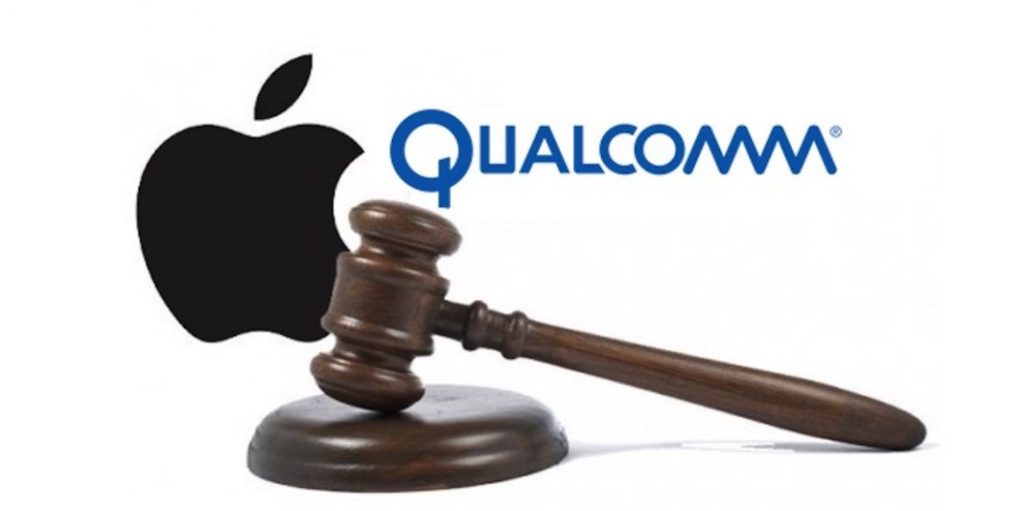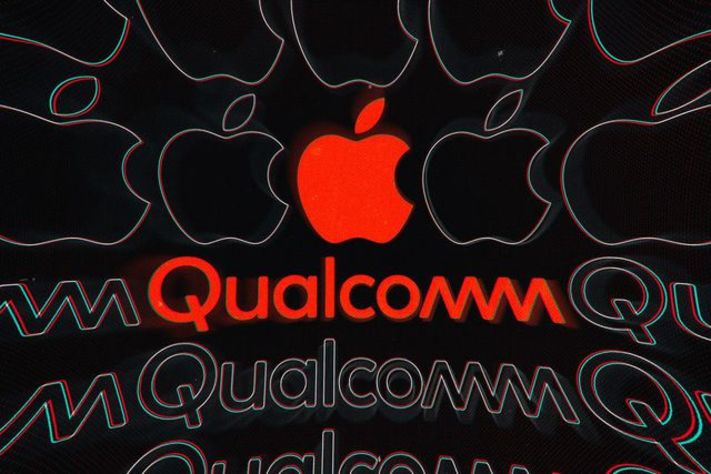Apple and Qualcomm have been fighting a legal battle on many fronts in different countries since 2017.
The heart of the dispute is modem chips, which are used for cellular communication in phones. Apple buys these modems from manufacturers like Qualcomm and Intel.
[fvplayer id=”285″]
Apple accused Qualcomm of abusing its dominant position in the modem market and Apple filed a lawsuit in January 2017 claiming that Qualcomm is charging an exorbitant amount for patents. From then both companies have been trading lawsuits.
Apple’s CEO has also voiced his opinion on the matter saying that Qualcomm has an obligation to offer their patent on the fair and non-discriminatory basis but they don’t do that.

It should be noted that Qualcomm’s revenue model is based on these licensing agreements and has more than 300 agreements with different companies.
It is interesting to note that a report suggests that Qualcomm paid Apple to use its modem in their phones quashing out the competitors.
Apple vs. Qualcomm: The Winner
After filing the initial lawsuit in the USA Apple filed two more lawsuits in China.
Even though over time Apple has questioned the no license, no chips policy and it’s higher pricing. Both companies have reached the settlement a day before the jury is selected for this blockbuster anti-trust case.
According to information available from the press release, both companies have decided to dismiss all lawsuits against each other globally.
The release also mentioned that Apple agrees to pay Qualcomm but the exact figure is not disclosed. Apple and Qualcomm also reached a six-year license agreement for chipset supply. This agreement will be effective from April 1, 2019, and include a two-year option to extend the deal.
After the press release, Qualcomm stock value jumped by 25 %.
Apple vs. Qualcomm: Customers Win
From the release, it is very clear that Apple has lost but Apple had little to no choice. Qualcomm’s modems are superior in contrast to the competitor and it was possible the next iPhone could have missed the 5G support.










